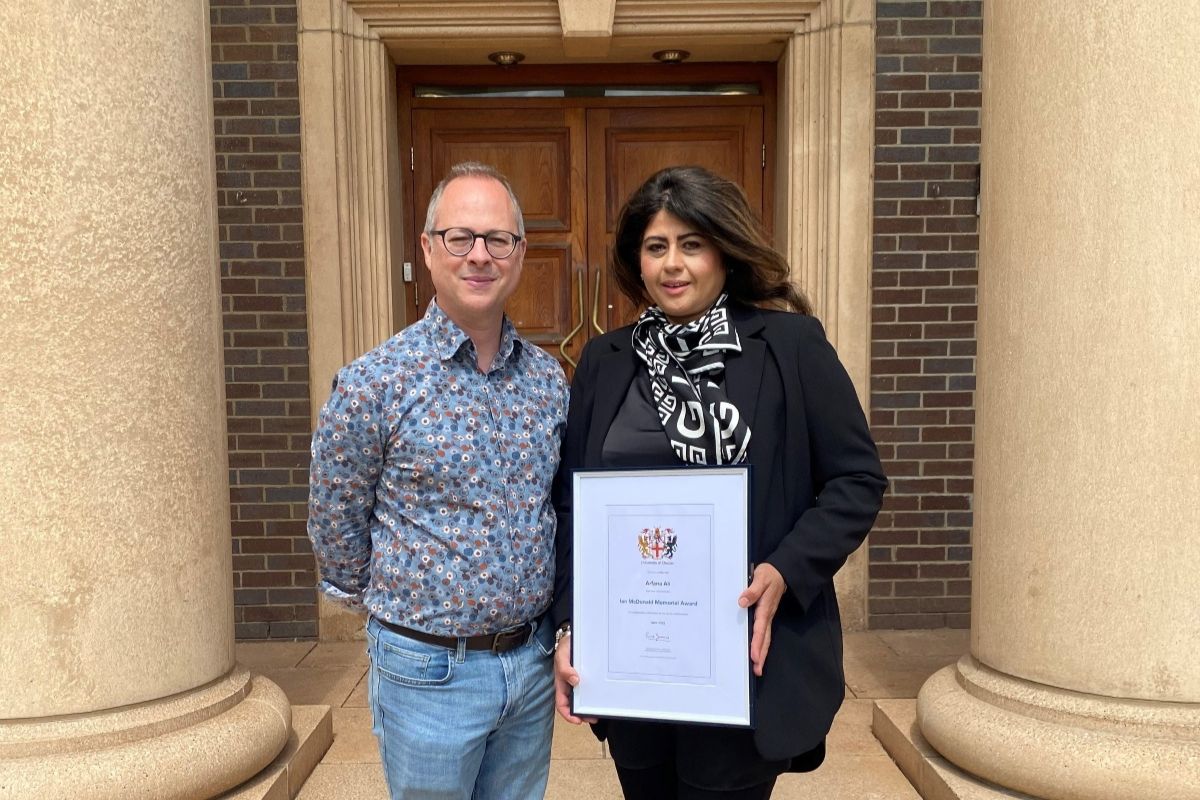Regional Schools Commissioners – About us
Regional schools commissioners (RSCs) act on behalf of the Secretary of State for Education and are accountable to the National Schools Commissioner.
Each RSC is supported by an advisory board. Advisory boards are made up of experienced academy headteachers and other sector leaders who advise and challenge RSCs on the decisions they make.
RSCs work with the Education and Skills Funding Agency (ESFA) to provide oversight and scrutiny of academy trusts’ performance, in line with the established framework for academy trusts.
RSCs also work closely with a number of partners.
RSCs’ main responsibilities include:
intervening in academies that Ofsted has judged inadequate
intervening in academies where governance is inadequate
deciding on applications from local-authority-maintained schools to convert to academy status
intervening in maintained schools judged to be inadequate by Ofsted by providing them with support from a strong sponsor
encouraging and deciding on applications from sponsors to operate in a region
taking action to improve poorly performing sponsors
advising on proposals for new free schools
advising on whether to cancel, defer or enter into funding agreements with free school projects
deciding on applications to make significant changes to academies and free schools
taking decisions on the creation and growth of multi-academy trusts
offering support to maintained schools and academies judged to require improvement by Ofsted
deciding on the transfer of an academy from one trust to another
Read more about RSCs’ responsibilities in the RSC decision making framework (PDF, 217KB, 13 pages) and Regional Schools Commissioner decision making: 2020 (PDF, 163KB, 2 pages).
The schools causing concern guidance explains in more detail the action that RSCs may take when maintained schools and academies are underperforming.
Who we are
RSCs typically have backgrounds as experienced headteachers, chief executives of multi-academy trusts (MATs), or as leaders in education, or across the wider public sector.
There are 8 RSCs that operate across 8 regions in England:
Who we work with
RSCs work closely with a number of partners, including leaders from the education sector, Ofsted, local authorities, and local dioceses and other faith groups.
RSCs work with multi-academy trusts, designated system leaders, such as teaching schools, and with the Teaching Schools Council, or other school improvement providers to provide access to the optional school improvement support offer.
RSCs work closely with local authorities in a number of ways, including helping to facilitate school improvement support, working with them on academy conversions and supporting and challenging them to fulfil their statutory duty to secure sufficient school places.
RSCs work closely with local dioceses and other faith groups, including to help ensure strong multi–academy trust structures are in place that will support their schools if they become academies.
RSCs also coordinate work across partners in a dedicated geographical area in their Covid-19 response and recovery. This includes:
offering cross-departmental support and a single point of contact to local authorities, academy trusts, and education institutions.
providing a strategic overview, working closely with local authorities to pool intelligence and collectively assess risks
delivering the priorities of the Secretary of State for Education in relation to Covid-19 response and recovery
Working with Ofsted
Ofsted (the Office for Standards in Education, Children’s Services and Skills) is the non-ministerial governmental department responsible for carrying out regular inspections of maintained schools and academies in England, as well as some independent schools. It is led by Her Majesty’s Chief Inspector of Education, Children’s Services and Skills (HMCI), independent of the Department for Education, and reports directly to Parliament.
Ofsted work in schools, but it should be noted that this is a relatively small part of their work. They also inspect and regulate 62,000 nurseries and childminders and 2,700 children’s homes. They inspect local authority children’s services, special educational needs and disabilities (SEND) provision in a local area, initial teacher education, FE and sixth form colleges, adoption services and fostering agencies, apprenticeship providers and prison education.
In schools and in FES, Ofsted’s role is to inspect education, identifying strengths and areas for improvement, to publish reports of its findings, and to monitor progress in improvement through its inspection cycle. Its guiding principle is to be a force for improvement through:
more intelligent inspection and regulation: work will be evidence-led and evaluation tools and frameworks will be valid and reliable
more responsible inspection and regulation: frameworks will be fair, inspection burdens will be reduced wherever possible and expectations and findings will be made clear
more focused inspection and regulation: time and resources will be targeted where they can lead directly to improvement
It should be noted, however, that Ofsted does not provide direct support to those schools and colleges to improve.
The Education and Inspections Act 2006 sets out Ofsted’s overall duties and functions. The Act also places a general duty on HMCI to keep the Secretary of State informed about the quality and standards of education. Ofsted must also have regard to a number of matters, including the need to safeguard and promote the rights and welfare of children and such aspects of government policy as the Secretary of State may direct.
Through their inspection work, Ofsted have a significant impact on schools and colleges, including:
inspection frameworks set out the criteria on which institutions will be assessed and so impact decision-making
the inspection process itself is designed to help organisations improve and post inspection surveys find that it most cases it does
judgements tell parents, responsible bodies (such as local authorities, MATs or chains of providers) and government about the overall performance of individual intuitions to inform decision making
inspection reports give parents, leaders and responsible bodies information about an institution
inspections and regulatory work gather evidence and insights to inform policy development and share good practice
Ofsted also carries our significant thematic and research work, which ensures that inspection frameworks are based on the best available evidence and allows them to focus on specific issues in greater detail than is possible during an institutional inspection. It can also explore issues outside the current inspection framework, or may look at providers they don’t currently inspect. Reports such as the recent work on sexual abuse can identify national issues that need intervention from national partners, not from individual schools or colleges.
Although the Department for Education and Ofsted are separate organisations with distinct roles and responsibilities, there are several areas of common interest, in particular, improving the life chances and education of children and young people.
RSCs act on Ofsted’s reporting to drive and oversee improvement in schools by:
converting inadequate Local Authority-maintained schools into academies sponsored by strong Multi-Academy Trusts
holding trust leaders to account for improving academies that are judged inadequate, including by issuing warning notices
offering support to both maintained schools and academies that have been identified as requiring improvement
The Secretary of State has the power to direct Ofsted to conduct an inspection of a school under section 8 of the 2005 Education Act. This power is only used in exceptional circumstances.
RSCs may share intelligence with Ofsted about underperforming schools and MATS, and share other concerns where relevant to Ofsted functions.
Working with the ESFA to provide oversight of the academies system
The ESFA is accountable for funding education and skills for children, young people and adults. It distributes £58 billion to the education and training sector, provides assurance that public funds are properly spent, achieves value for money for the tax payer and delivers the policies and priorities set by the Secretary of State.
The ESFA regulates academies, further education, sixth-form colleges, and training providers, intervening where there is risk of failure or where there is evidence of mismanagement of public funds.
RSCs and the ESFA work together to consider and share a range of information to produce a joined-up assessment of performance across 3 key functions of a trust:
education – RSCs consider a range of information, including pupils’ educational outcomes and Ofsted judgements
financial management – ESFA considers a range of information about the trusts’ financial management, including annual financial statements, account returns and 3 year budget forecasts
governance – RSCs and ESFA will also consider other relevant information on the governance of trusts, including the composition of a trust’s board, internal trust documents and the reports of external auditors
This evidence is used as a starting point to consider potential areas of concern as well as to test evidence of strong performance. This can help, for example, confirm the suitability of a trust to support new schools, inform decisions about whether to offer support or to decide whether intervention is required.
RSCs engage with trusts to ensure strong processes are in place to maintain and improve educational performance.
The ESFA communicates and regulates a clear framework of accountability through trusts’ funding agreements and the Academies Financial Handbook. It has a proportionate, risk-based intervention strategy that fits within the overall academy accountability framework.
In cases of failure both RSCs and ESFA may issue formal intervention notices – termination warning notices (issued by RSCs) and financial notices to improve (issued by ESFA) – to academy trusts. In response the academy trust may be required to submit a:
trust school improvement plan; or
financial recovery plan agreed between the trust and ESFA
RSCs and the ESFA also have an important role in building capacity of trust boards and leadership so that they can operate effectively within the accountability framework. They work with members, trustees, and leadership teams to:
build school improvement capacity and financial expertise
support better resource management
strengthen governance oversight at leadership and board level
More broadly, the department and ESFA provides support through a range of resources for multi-academy trusts such as the Trust Capacity Fund and school-to-school support from system leaders, support with resource management and optional activities such as a network and conferences.
How the ESFA works with Ofsted
Safeguarding children
The ESFA works with Ofsted on a number of policy and operational areas. The most important of these is the safeguarding of children, which is of the utmost priority to both organisations. When Ofsted identifies safeguarding concerns in an academy, it will share the information with the ESFA.
The ESFA and Ofsted will bring in other key partners through their work with these cases, including the local authority safeguarding teams.
In addition to work on safeguarding, the ESFA works with Ofsted on other key areas including:
Ofsted may also refer concerns relating to educational performance, finance or governance to the ESFA and/or RSCs for action as appropriate in line with their respective responsibilities.
Advisory boards
Advisory boards are responsible for advising and challenging regional schools commissioners on academy related decisions.
Read the Terms of reference for advisory boards formerly called headteacher boards (PDF, 175KB, 19 pages) for more information.
Details including members lists, meeting schedules, preparation templates and notes are available on the advisory board page.
If you’re a local-authority-maintained school, information is available about converting to an academy.
You can also read about opening a free school.
Register of interest
We define these interests as any personal or business interest within the past 5 years which may be, or may be seen to be, influencing an RSC’s or advisory board member’s judgement in performing their role. These interests may include:
schools that they have direct responsibility for (in roles such as headteacher or executive headteacher)
academy trusts for which they work or serve on the governing body
all schools that are members of their affiliated academy trusts
schools for which they serve on the governing body
applications for free schools or academy conversions that they have submitted that are still awaiting decision
organisations involved in education, or organisations providing educational services, for which they work or serve as a board member (including for-profit and registered charities)
any other establishments for which they serve as a board member (including the type of organisation)
Other potential conflicts of interest include:
schools that they, their trust or their school have formally or informally supported
free school or academy conversion applications for which they have provided advice
organisations to which they were previously affiliated
any other organisations with which they are involved that may influence, or could be perceived to influence, their professional judgement in any way
See the register of interest for the National Schools Commissioner, regional schools commissioners and advisory board members (ODS, 72.1KB).
If you want to make a complaint about an RSC’s decision, please email [email protected].
Please provide us with as much detail as you can to help us investigate your complaint:
say which RSC you’re referring to
say what the problem is
say what you want to happen
provide information on any relevant communication with us on the subject, including, for example, any reference numbers on letters or emails, and the times and dates of any conversations
We’ll investigate all formal complaints in line with the Department for Education’s complaints procedure.
Information on complaining about a school or an academy is also available.












Responses